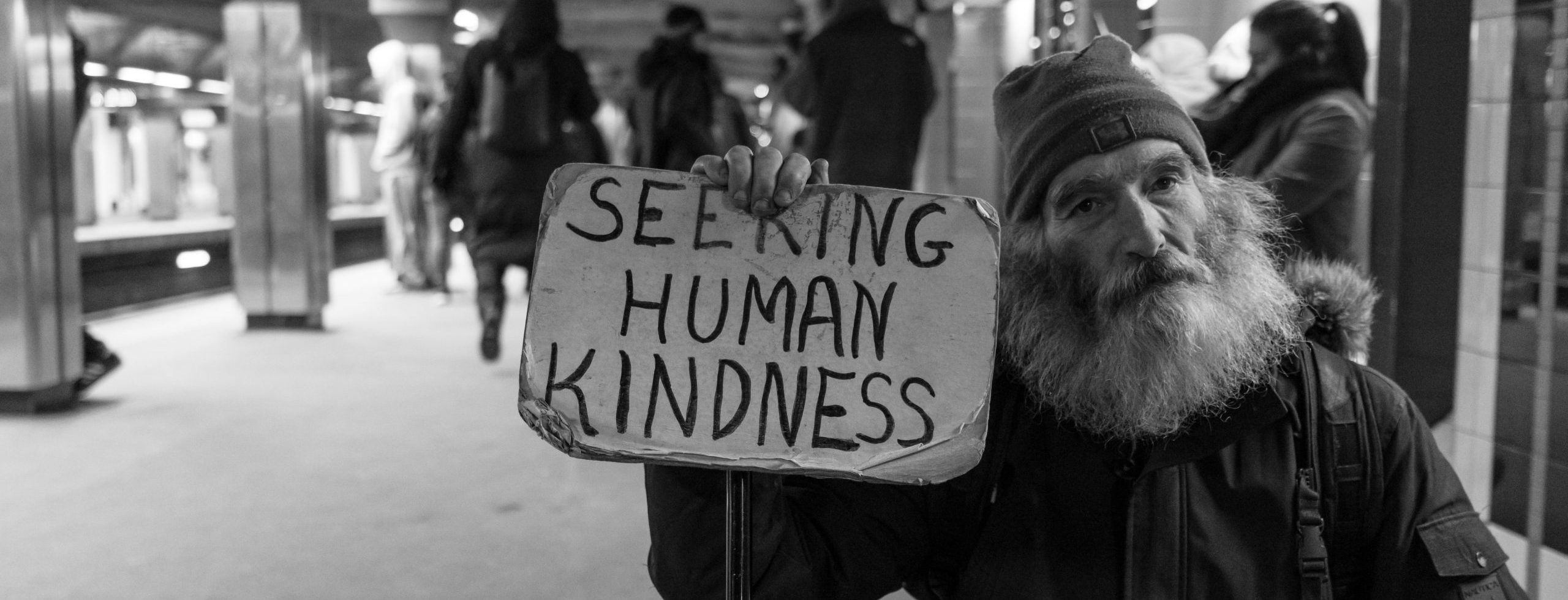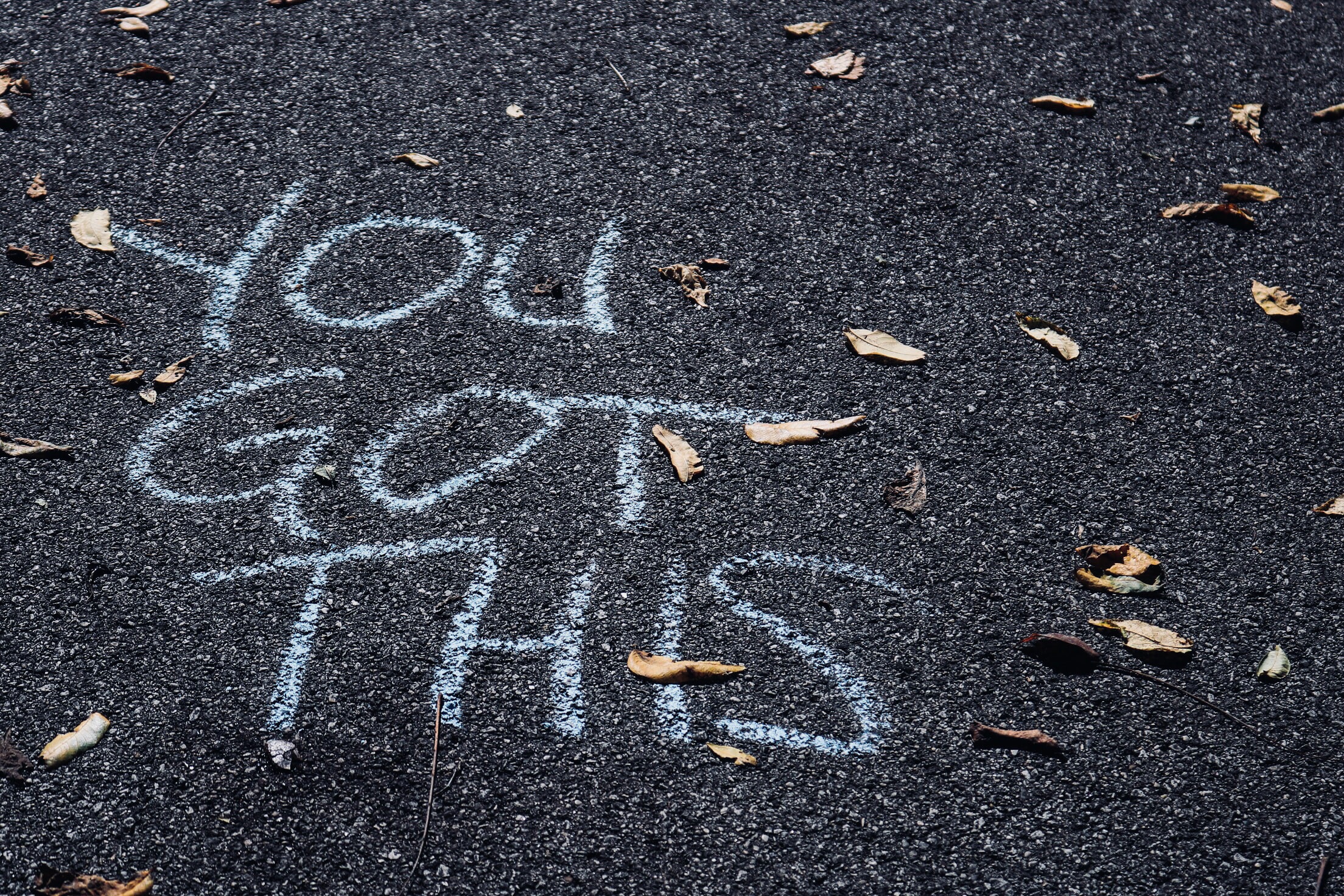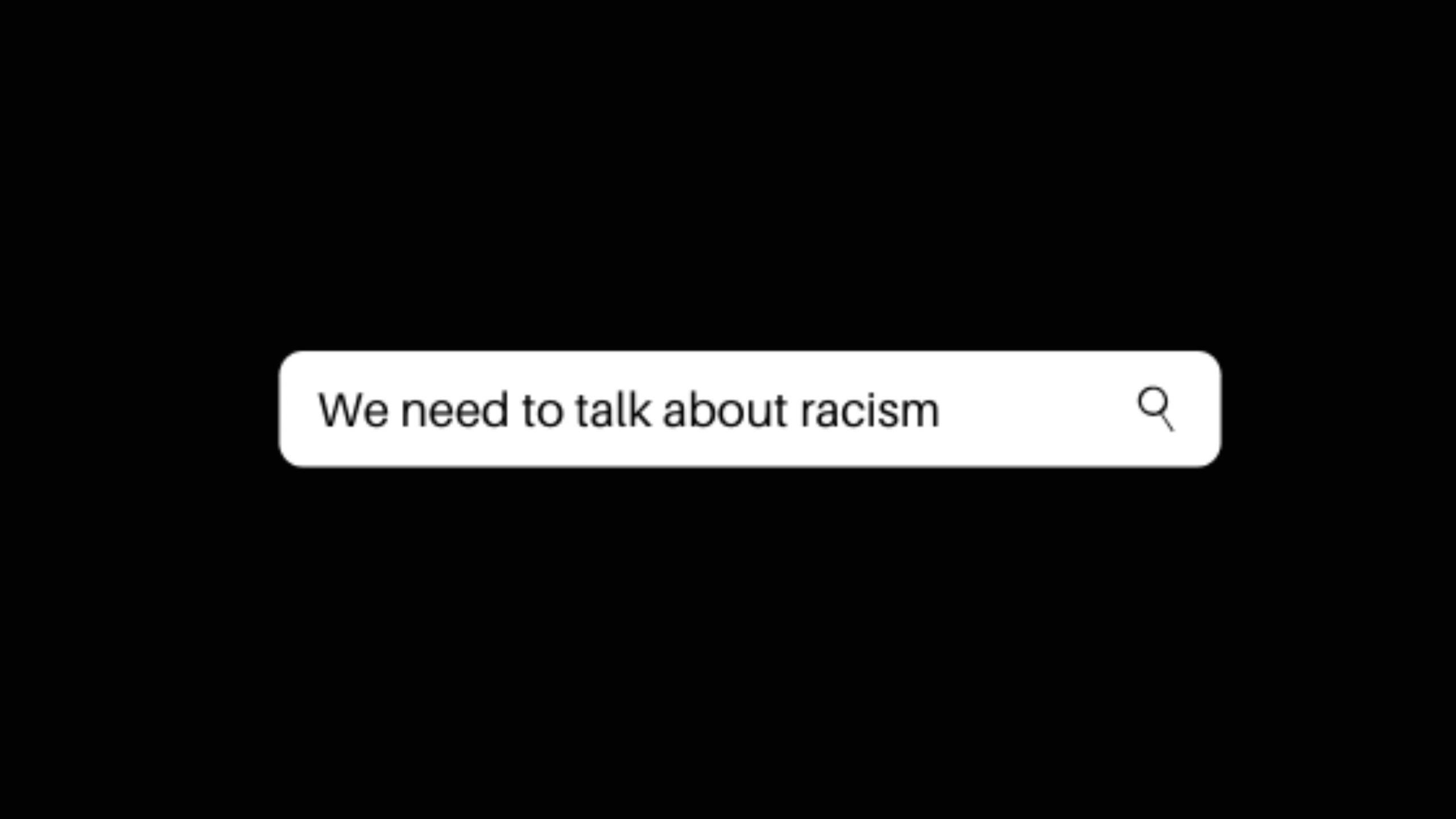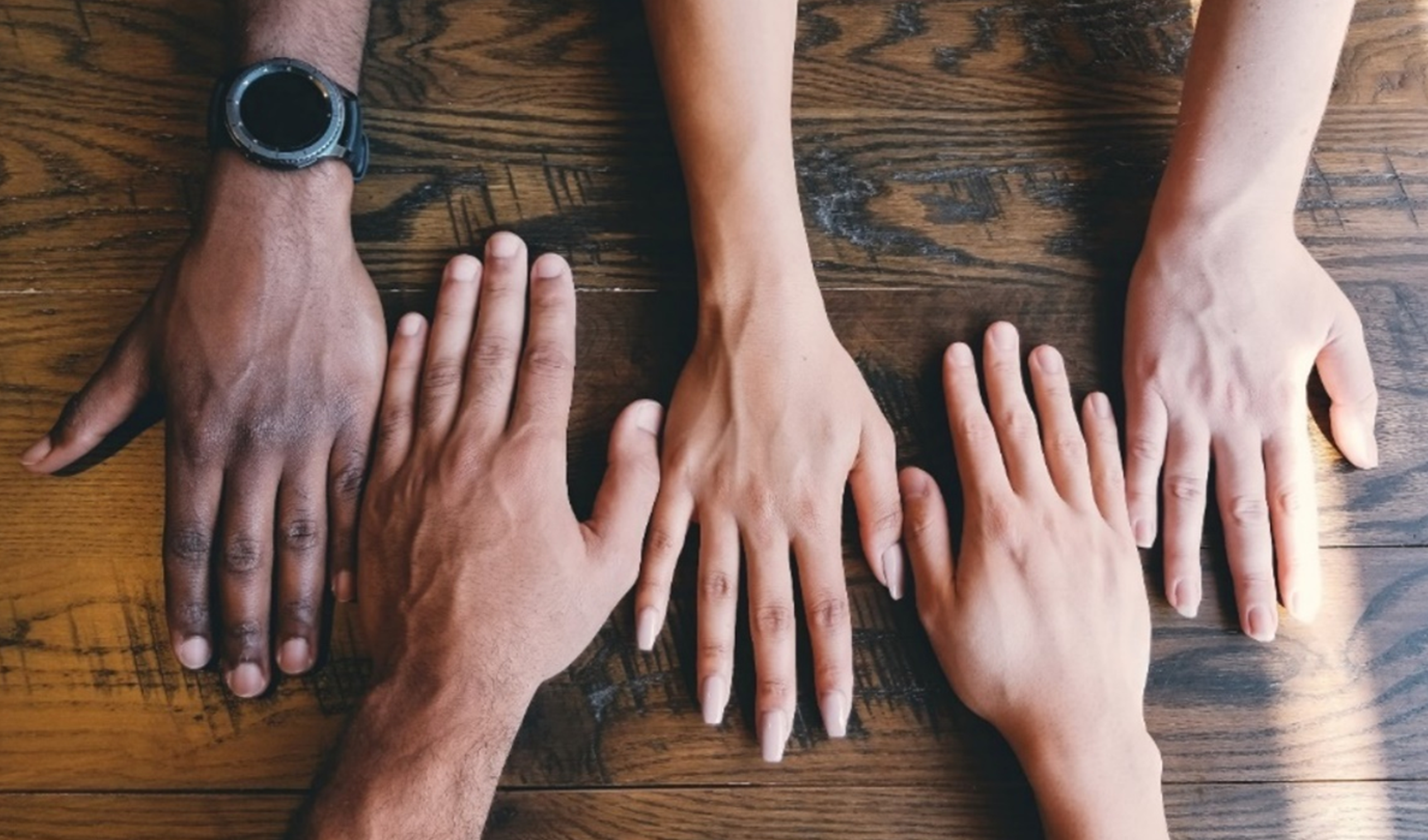Introduction
As we have looked again into the issue of racism as a society it might be easy to wonder what we can really do to respond to such a complex issue. Although we didn’t realise until afterwards, our previous post on racism (read it here) was released at the same time as World Empathy Day took place. This is an international celebration through which people are encouraged to focus on understanding each other more. This coincidence is significant because it reminds us how we can all start to tackle injustice.
What’s one thing that can help us beat racism together? We can harness the power of empathy.
So what is Empathy?
Empathy is our ability to understand another person and feel their emotion. In other words, it is about trying to put yourself in someone else’s shoes. Showing empathy has been described a force for change because when we feel for people, it makes us want to help people.
It is interesting to note that new scientific evidence shows the power of reading to help us build real-life empathy skills. Research from the Empathy Lab says that 98% of us can train our brains to become more empathetic by reading and listening to other people’s stories. As we read about other people’s experiences, we are invited to share genuine emotions for people we don’t even know in real life. Empathy is a vital human force that can create stronger communities and a better world.

How can we respond?
We believe empathy is a skill that can be developed as a revolutionary force for change if we put it into action. Imagine you have an Empathy Switch in your head. Switch it on! This will help you deal with:
- How we resonate with someone else’s feelings
- Thinking about a different perspective than our own
- Showing concern for others even if we don’t know them personally
“Empathy is a quality of character that can change the world.” Barack Obama
Empathy helps us stand up
A Year 7 student from Grace Academy Solihull was recently inspired to write a poem in memory of George Floyd called Dear America. In the poem they wrote passionately about what it must have felt like to be oppressed.
“How does it feel to be disrespected in a place that you call home? In a city with over one thousand citizens, is it right to feel alone?”
They finished their poem by calling for change in America and beyond:
“This way of living is pathetic, the injustice can no longer go on. Which is why millions across the globe begin to sing this song. A song of pleading, imploring and demanding that rights are respected for all. That we should be democratic, no more riots or brawls.”
This idea clearly demonstrates the results of empathy in action. Their creative response is an incredible example of what happens when we find a way to use our voice to show empathy for others. What if we all did the same?
To bring about change, you must not be afraid to take the first step. We will fail when we fail to try. Rosa Parks
Empathy helps us speak out
In our latest ETHOS YouTube video Daniel from Grace Foundation shares his difficult experience of racist bullying as a child. He talks about how much of an impact this had on him and how he wants to help others overcome. Daniel finishes by reminding us that hope for change comes when we start by listening, learning and leading whoever and wherever we are.
Not everything that is faced can be changed, but nothing can be changed until it is faced. James Baldwin
What can you do now?
Want to explore more?
Racism can affect anyone. If you need to talk to someone about how it has impacted you and need to find out more please visit here.
In this short video we are visually reminded of the meaning of the phrase “to put ourselves in other peoples shoes”.
In this clip a student midwife from North Yorkshire powerfully speaks out about the racism she received when at school and university and how she wants to bring change.
Evey Gordon said with “everything going on in the world” she wanted “to say something” to explain what it was like growing up mixed race in the city. She wrote this poem as part of her response.
Our Virtual Chaplain says…
When we take time to work out what our motivation for helping others really is we can become a force for change. Martin Luther King Jr once said “Darkness cannot drive out darkness; only light can do that. Hate cannot drive out hate; only love can do that.”
This is a reminder of the heart of the Christian message that love is what transforms our world. When we don’t know what to do in the complexity of our day, we just have to remember the golden rule to love our neighbour as ourself. And if we all put that into practice it would help us beat hatred altogether.
‘Love your neighbour as yourself.’ No other commandment is greater…”
Bible Reference: Mark 12 v 31




